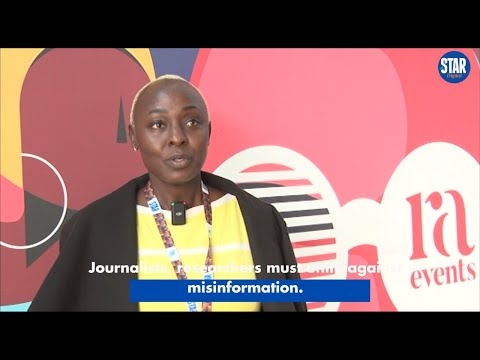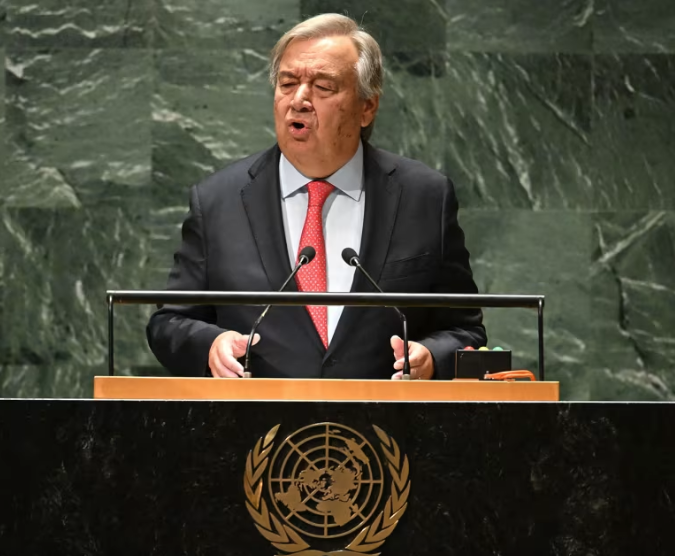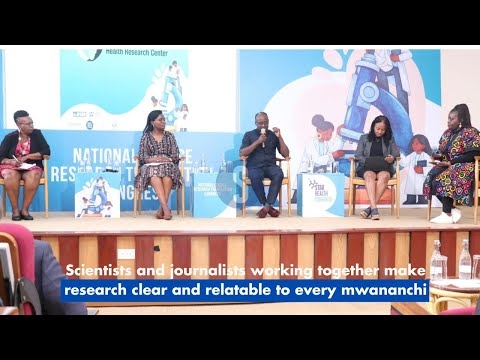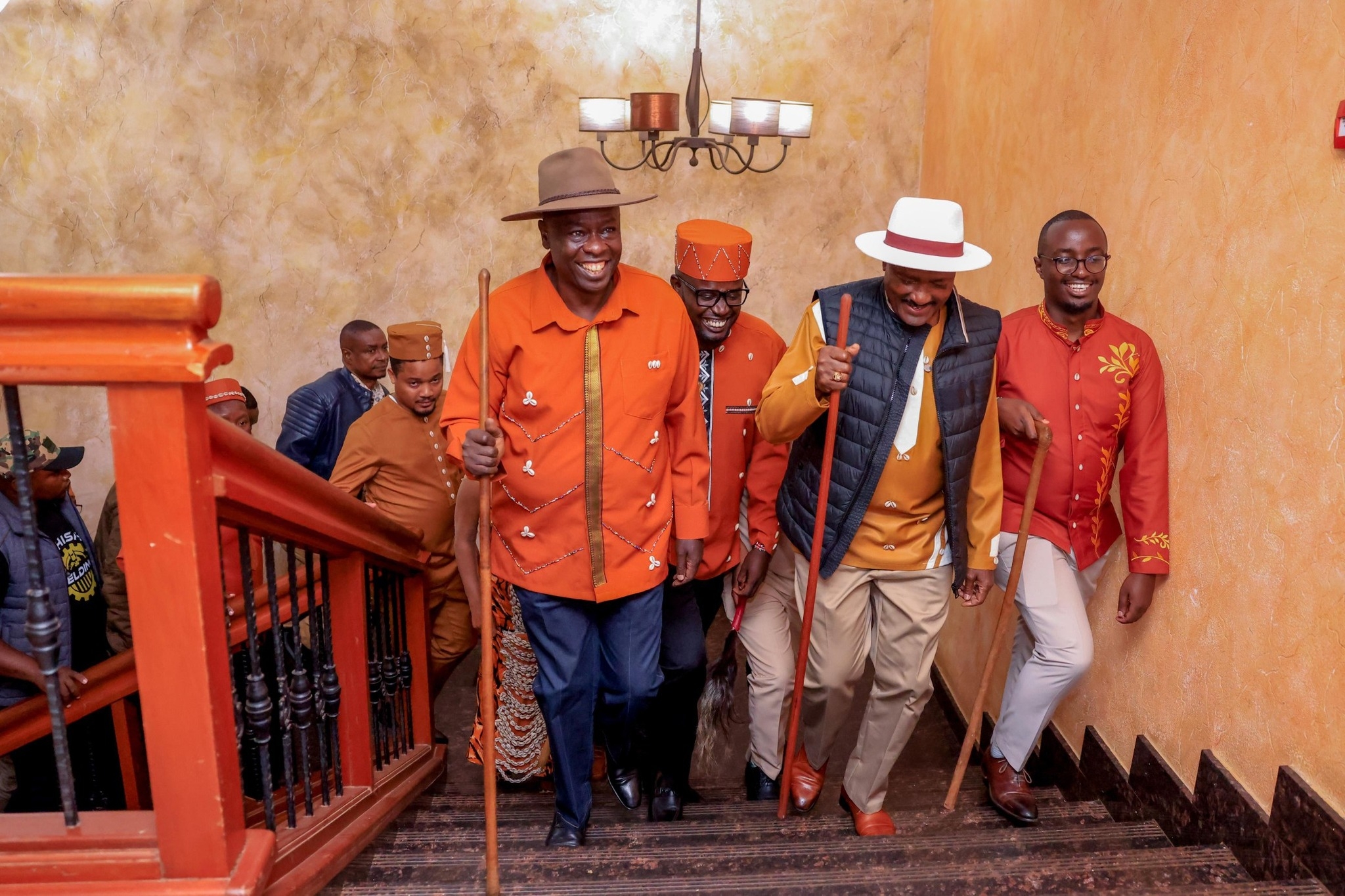

Every year on November 2, the world pauses to mark the International Day to End Impunity for Crimes against Journalists.
The day is dedicated to reaffirming the right to press freedom and to demanding justice for journalists who face violence, intimidation, and death simply for doing their work.
The 2025 commemoration comes at a time when journalists around the world continue to face mounting risks, both offline and online, as they strive to uncover the truth and hold power to account.
This global observance traces its roots to December 2013, when the United Nations General Assembly adopted Resolution A/RES/68/163 on the safety of journalists and the issue of impunity.
The resolution recognised that the work of journalists frequently exposes them to threats, harassment, and even lethal violence.
By proclaiming November 2 as the International Day to End Impunity for Crimes against Journalists, the UN General Assembly unequivocally condemned all forms of violence against journalists and media workers and called on member states to promote a safe and enabling environment for journalists to perform their duties independently, freely, and without interference.
Since 1993, more than 1,700 journalists have been killed while reporting the news or bringing information to the public. Disturbingly, nine out of ten cases of these killings go unpunished, according to the UNESCO Observatory of Killed Journalists.
This staggering rate of impunity sends a chilling message—that those who silence the press can do so without fear of consequence.
UNESCO warns that impunity for crimes against journalists not only emboldens perpetrators but also undermines the rule of law and damages entire societies. It allows serious human rights violations, corruption, and organised crime to flourish in secrecy.
The organisation emphasises that when the press is attacked,
society’s ability to access accurate information is compromised, weakening
democracy itself.
The killing of a journalist is the most extreme form of censorship, but it is far from the only danger faced by media professionals. Many endure kidnappings, torture, arbitrary detention, harassment, and digital abuse.
Online spaces, which have become vital platforms for journalism, are increasingly weaponized against reporters—particularly women.
Women journalists bear a disproportionate burden of online and offline harassment. UNESCO’s discussion paper, “The Chilling: Global Trends in Online Violence Against Women Journalists,” reveals that 73 percent of surveyed women journalists have faced threats, intimidation, or insults online as a direct result of their reporting.
These attacks often lead to self-censorship, withdrawal from public discourse, or in some cases, physical harm.
The African Commission on Human and Peoples’ Rights has condemned all forms of violence against journalists, from physical threats and murders to digital harassment and arbitrary detention.
The Commission specifically noted the urgent need to address the digital violence that disproportionately affects female journalists.
“States must take concrete measures, such as adopting gender-responsive laws and policies, to ensure an enabling environment in which all female journalists can work without fear of harassment or intimidation,” the Commission said in a statement marking this year’s commemoration.
The Commission added that ending impunity for crimes against journalists remains “a challenge of modern times,” emphasising that the persistent failure to investigate or prosecute such crimes emboldens perpetrators while instilling fear among journalists and the wider public.
United Nations Secretary-General António Guterres used this year’s observance to deliver a stark warning about the growing dangers journalists face worldwide.
“Media professionals around the globe face mounting perils in their pursuit of truth – including verbal abuse, legal threats, physical attacks, imprisonment, and torture,” Guterres said. “On this International Day to End Impunity for Crimes Against Journalists, we demand justice. Worldwide, nearly nine out of ten journalist killings remain unresolved.”
The UN chief singled out Gaza as the deadliest place for journalists in any conflict this year, calling for independent and impartial investigations into all journalist deaths and injuries.
“Let us stand together to defend press freedom, demand accountability, and ensure those who speak truth to power can do so without fear,” he urged.
Guterres also highlighted the “alarming rise in online abuse targeting women journalists,” warning that such harassment, often unpunished, can lead to real-world violence. “Digital spaces must be made safe for those who gather and report the news,” he said.
Both UNESCO and the African Commission have stressed that robust judicial systems are key to combating impunity. When justice systems swiftly investigate and prosecute crimes against journalists, they send a clear message that society will not tolerate attacks on press freedom.
Conversely, when such crimes are ignored, a culture of silence and fear takes hold, discouraging journalists from pursuing critical stories that serve the public interest.
In a joint statement, the European Commission reiterated its commitment to defending press freedom and protecting journalists.
“Society depends on journalists who shine a light on injustice and hold those in power accountable. Yet across the world, journalists continue to be killed, tortured, harassed, detained and forced into exile,” said Henna Virkkunen, European Commission Executive Vice President.
She highlighted that in August 2025, the European Media Freedom Act came into effect across the European Union.
The landmark legislation aims to strengthen media independence, protect journalists from political interference, and ensure greater legal certainty for media organizations operating within the EU’s internal market.
“The work of journalists enables societies to see clearly – and to act. On this International Day to End Impunity for Crimes against Journalists, we call on all States to uphold their obligations: to protect journalists and to guarantee accountability,” Virkkunen said.
The United Nations, UNESCO, and regional bodies like the African Commission continue to call for collective global action to protect journalists, ensure justice for victims, and strengthen institutions that uphold freedom of expression.













